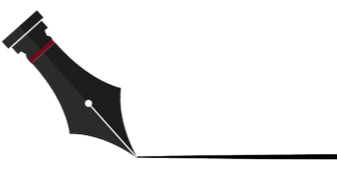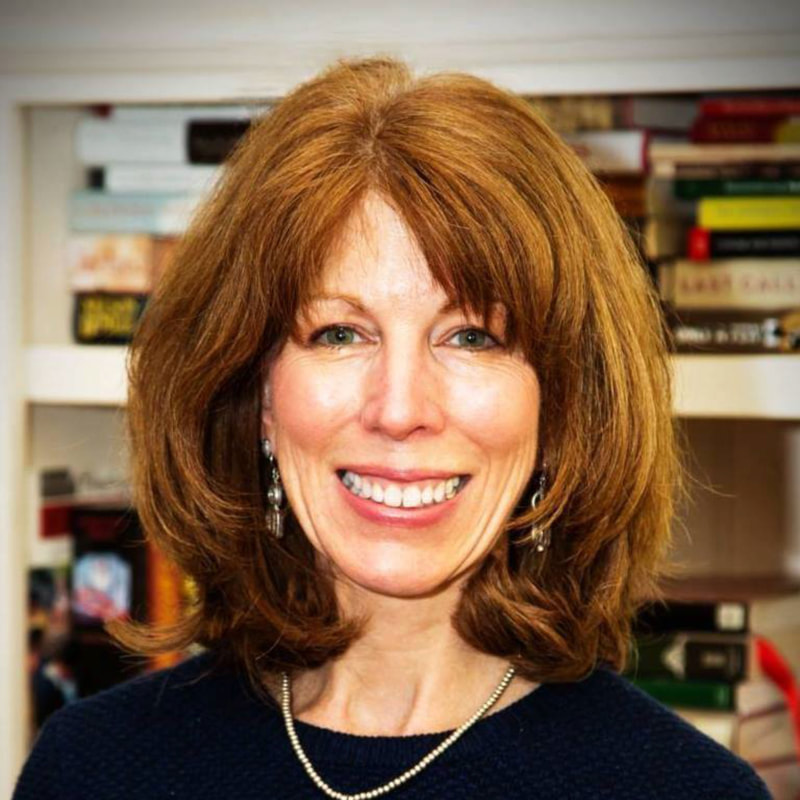The History of Private Schools in Northborough, MassachusettsOverview The emergence of early private schools in Massachusetts may have been to address the concerns of ensuring education in communities experiencing difficulty in maintaining schools, or to offer advanced and focused curriculum for older children. The several private institutions in Northborough during the earlier centuries offered advanced or theological curriculum as an alternative to the required public schools: 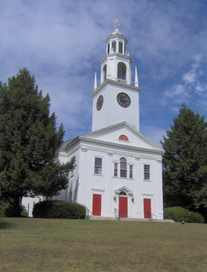 courtesy North. Hist. Comm. courtesy North. Hist. Comm. The Northborough Seminary (1780 – abt 1788) The year was 1780 and the Town of Northborough made it a priority to build dedicated schoolhouses in which to provide quality public education for all children in town. At that same time, 14 heads of families invested in The Northborough Seminary, the town’s first private institution. The individuals’ financial support of alternative education was notable for that era, considering that the American Revolution had taken a large toll on the local economy and its resources. The Seminary was built at the junction of Pleasant and Church Streets, on the Meeting House Common. After the school ceased operation, the vacant building was sold and relocated to the corner of Rice and Whitney Streets as a private residence. 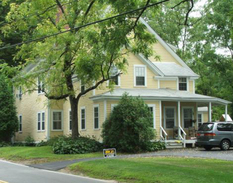 courtesy of Northborough Historical Commission courtesy of Northborough Historical Commission The Allen School (1818 – 1852) Reverend Joseph Allen (1790-1873) was installed as Town Minister in 1816 and shortly thereafter opened The Allen School to earn extra income and educate his own family of seven children at their home at 49 Church Street. It was a family school for boys, organized to prepare young men for college or the ministry, and also to provide classical instruction to a large number of private pupils preparing themselves for other professions. Because the minister’s household had strong religious principles and operated during the Temperance and Abolition Movements, the mission of the school was also “to influence young minds, and to instil (sic) into them such principles as may enable them to resist the temptations of life.” An example of how the boys implemented their skills for social justice and community improvement can be found in their short-lived, but well-respected, school paper titled The Meteor (1836-1837). The school record shows students attending as early as 1818 and as late as 1852. As there were few schools of this kind at that time, the number of pupils soon exceeded the plan and their home was enlarged to accommodate them. During that time, at most there were about twenty students in the parsonage, ranging in ages from six to twenty seven. Although the Allen family desired to close the school as the aging Mrs. Allen’s health began to fail, they kept on a few students during the years after 1852. 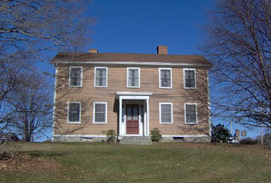 courtesy of Northborough Historical Commission courtesy of Northborough Historical Commission The Valentine Boarding School (abt 1837 – 1865) Educated in the public schools of Northborough and privately at The Allen School, Elmer Valentine (1795-1864) was one of five brothers who became eminent teachers. He taught both in Northborough and at his own private school in Boston. In 1837, he returned to Northborough and opened The Valentine Boarding School. He was considered not only a very successful teacher, but was also noted for his beautiful handwriting and published a manual on the art of penmanship. The school was originally conducted in the vestry of the Baptist Church at School and Summer Streets. The following year, he relocated to the farm at 50 Cherry Street, where the school continued until it closed in 1865.  from Unity and the University (Chicago:1886) from Unity and the University (Chicago:1886) The Allen Home School (1882 – abt 1890) The Allen Home School was conducted by the Rev. Joseph and Lucy Allen’s' son, Edward A. H. Allen (1828-1898). He was educated in Northborough schools, received advanced science degrees, and spent his career in academics. Having experience as a professor of physics and as principals of private schools elsewhere in Massachusetts, he returned to Northborough (at age 52) to establish a private preparatory school. In 1886, the school was advertised in a Chicago theological publication, Unity and the University, noting “special attention given to preparation for the Massachusetts Institute of Technology and the new scientific requirements at Harvard College.” Operating as late as 1890, the school was considered “a well-equipped institution of its class.” SOURCES:
Allen, Elizabeth Waterhouse. Memorial of Joseph and Lucy Clark Allen. Boston: George H. Ellis, 1891. Allen, Rev. Joseph. History of Northborough, Mass., in Various Publications and Discourses. Worcester: 1880. Allen-Johnson Family, Papers, 1759-1992. Manuscript Collections. American Antiquarian Society, Worcester. Kent, Josiah Coleman. Northborough History. Newton, Massachusetts: Garden City Press, 1921. Nason, Rev. Elias. A Gazetteer of the State of Massachusetts. Boston; B.B. Russell, 1890. New York, New York. The New York Times, 1898. Unity and the University, Volumes 17-18. Chicago: Charles H. Kerr & Co., 1886.
1 Comment
|
AuthorBeth Finch McCarthy
|
